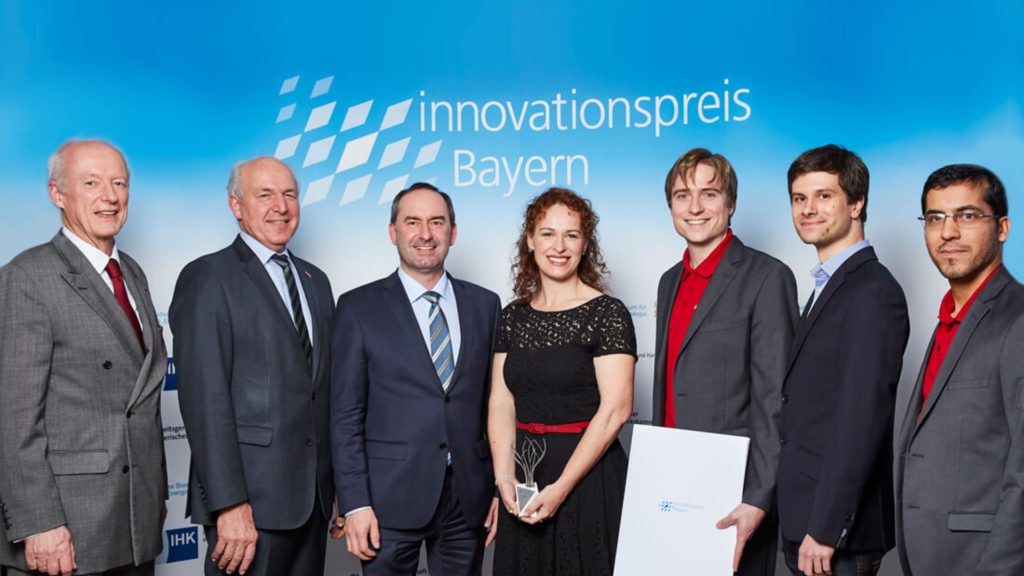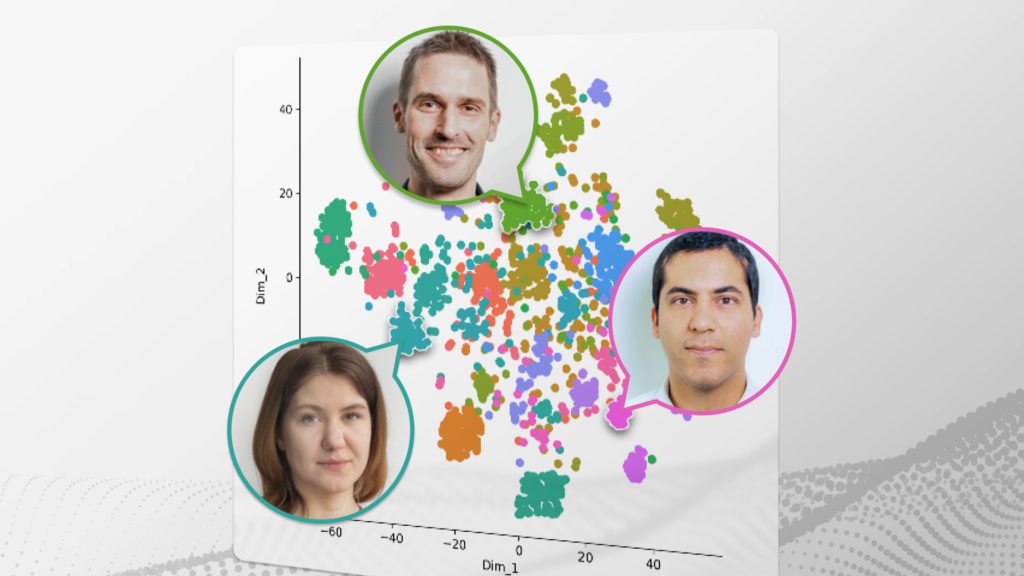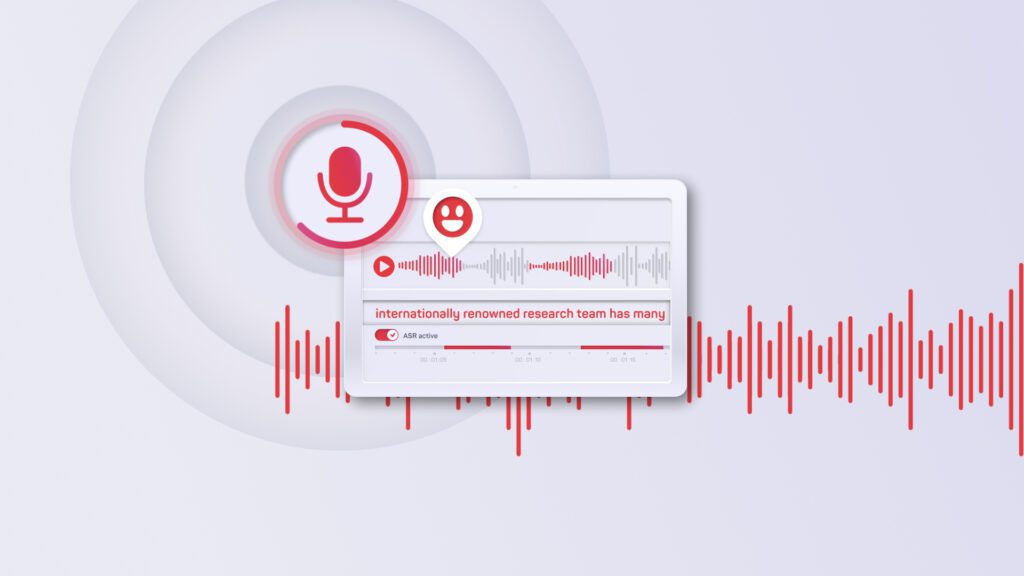In the era of rapid technological advancements, AI assistants have become an integral part of our daily lives. From answering our questions to providing directions and even controlling our smart homes. These virtual companions have made our lives easier and more efficient. However, there has always been one crucial aspect missing from these interactions: the ability to understand our emotional expression.
Integration of Voice AI into conversation design
audEERING GmbH, a pioneer in the field of affective computing, is set to change human-computer interaction with its groundbreaking demo showcasing the integration of Voice AI into conversational AI agents. Let’s dive into the world of emotionally intelligent AI and discover how this innovation will revolutionize our interactions with virtual assistants.
Why do we need AI assistants?
In today’s fast-paced world, time is a precious commodity. AI assistants offer a convenient and efficient way to manage our tasks, answer our queries, and streamline our daily routines. They act as our concierge, saving us valuable time and effort. Until now, these assistants have been limited in their understanding of human emotions, leading to a significant communication gap.
The issue with existing AI assistants:
While existing AI assistants excel in providing accurate and relevant information, they often fail to comprehend the nuances of human emotions when we interact with them. This limitation results in a less personalized and less empathetic experience. Our emotions play a fundamental role in communication, influencing the way we express ourselves and the context of our requests. Without this emotional understanding, AI assistants are left unaware of our underlying feelings, leading to missed opportunities for tailored responses and support.
Introducing ERA Demo – Emotionally Responsive Assistant:
Recognizing the significance of emotional awareness in human-computer interactions, audEERING GmbH has developed an innovative solution that bridges the emotional gap in conversational AI. This demo showcases the seamless integration of Voice AI, enabling AI assistants to discern and respond to our emotions accurately.
ERA is powered by our AI technology – the plug-in for Unity and Unreal – to analyze voice in real-time on the device to derive emotions from the voice. The analysis is based on the arousal and valence dimensions. The emotion results are mixed with the ASR (Automatic Speech Recognition) results from Google and sent to OpenAI’s ChatGPT. The text response is transformed into speech using ElevenLabs’ technology.
Enhancing interactions with emotional intelligence:
With the integration of Voice AI, AI assistants can now perceive the user’s emotional expression and adjust their responses accordingly. Imagine having an AI assistant that can sense your frustration during a hectic day and respond with calming suggestions or offer a sympathetic ear. Furthermore, Voice AI can enable personalized recommendations, such as playing your favorite music when you’re feeling down or suggesting activities that align with your current emotional state.
This breakthrough enhances the functionality of AI assistants and opens new possibilities for applications in various domains. From mental health support to customer service and beyond, the potential applications of emotionally intelligent AI are vast and promising.
The future of conversational AI agents
audEERING’s ERA demo showcasing the integration of Voice AI into conversational AI agents marks a significant milestone in the realm of affective computing. By enabling AI assistants to comprehend and respond to human emotional expression, this innovation revolutionizes our interactions with virtual companions. As we embrace emotionally intelligent AI, we can expect a future where our virtual assistants not only cater to our needs. But also understand and empathize with our emotions, enhancing our overall well-being and satisfaction.








